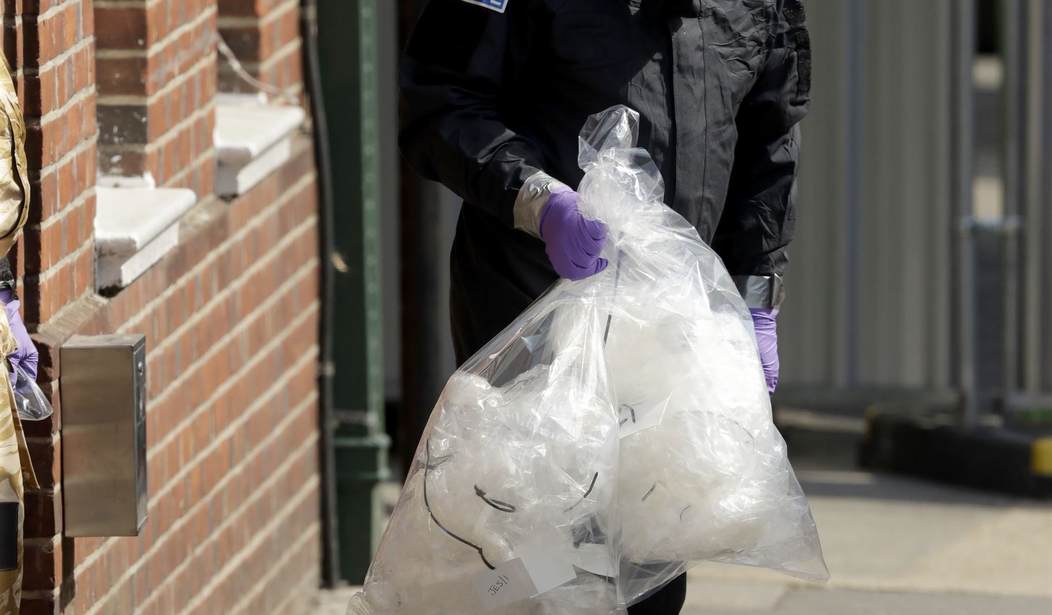President Biden is toying with the idea of declaring climate change a national emergency. Proponents want him to usher in drastic changes to address climate change–bypassing approval from Congress.
But as the old saying goes, haste makes waste. We only need to remember untested environmental policies that sounded good but ended up creating a bigger mess.
Consider California. The Golden State threw every incentive it could at solar energy beginning in 2006. In turn, most new construction in California included solar panels. Despite lawmakers knowing solar energy was relatively untested. Solar energy is significantly less efficient than fossil fuels – especially in a state known for struggling with rolling blackouts. And it’s created a toxic waste problem.
According to a new report from the International Renewable Energy Agency, California’s rushed transition to solar energy has created a toxic waste disaster for the state. Solar panels, especially those installed as far back as 2006, only have an average lifespan of 25 to 30 years. As the first batch of solar panels reaches the end of its lifecycle, only 10% have been recycled. A Harvard Business Review study revealed that California’s recycling capacity is “woefully unprepared for the deluge of waste that is likely to come.”
And despite taxpayer subsidies, California only gets 15 percent of its electricity from solar panels.
Next, consider plastic. We’ve all heard about alternatives that are supposed to be better for the environment. Plastic water bottles have been a top target of environmentalists, with many cities and agencies banning the containers.
A new study from McKinsey and Company pours cold water on this notion. The study suggests that alternatives to plastic may similarly lead to worse results for the planet.
Recommended
The study revealed that plastic products had a lower greenhouse gas footprint than their alternatives in 13 out of 14 cases.
And it wasn’t even close. The greenhouse gas emission savings ranged from 10 percent to upwards of 90 percent.
Those local government bans on plastic bottles are another example that proves governments are too often in the business of looking good rather than doing good.
Replace the plastic with glass? Research from the Imperial College London estimated that replacing all plastic bottles used in the United Kingdom with glass would create additional greenhouse gas emissions equivalent to the production of 22 large coal-fired power plants.
Why not aluminum can replacement of plastic? Aluminum is sourced from bauxite mines while coating nearby cities in toxic dust. Those airborne particles lead to everything from farmland destruction to cancer in those who breathe in the dust. Aluminum can production also generates twice as much carbon dioxide as a plastic bottle and is a significant source of global perfluorocarbon (PFC) emissions, which have 9,200 times the global warming potential of carbon dioxide.
Unlike glass, aluminum, and plastic, boxed water cartons are nearly impossible to recycle because they are made from glued layers of plastic, aluminum foil, and paper. A study from the Danish Environmental Protection Agency found that it is better for the planet to incinerate cartons than to recycle them.
It’s not just bottle alternatives. A report in the New York Times found that the local governments’ rush to switch out plastic bags for cotton totes is yet another unmitigated and unintended environmental disaster caused by a rush to judgment. Emissions from producing one cotton tote are 20,000 times greater than the emission production of a single plastic bag.
iden has already used executive power to increase solar panel production. A national emergency declaration could allow him to take even more extreme steps, such as cutting oil and gas imports, and ending offshore drilling. The vagueness of the emergency could allow Biden to limit the production of any “harmful climate products,” according to one expert.
It’s important that we get environmental policies right the first time–and the likelihood of unanticipated problems is high if Biden unwisely tries to declare an “Emergency!” Climate change is a slow-moving issue. There’s no need to race headlong off into another set of bad decisions.
Madison Dibble is the communications director for the Center for Accountability in Science.
























Join the conversation as a VIP Member